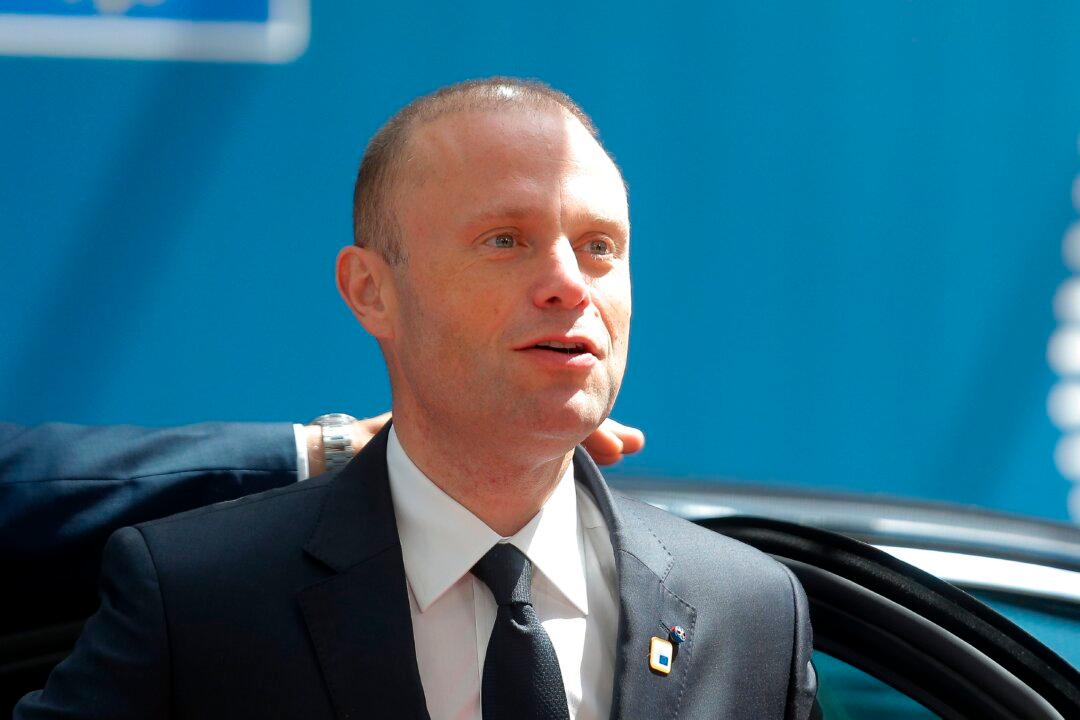Maltese Prime Minister Joseph Muscat, 45, engulfed in crisis over the probe into a murdered journalist, announced on Sunday he planned to step down, saying he would ask his ruling Labour Party to start choosing a new leader for the country next month.
Calls for Muscat to quit had intensified after the investigation into the 2017 car bomb killing of anti-corruption journalist Daphne Caruana Galizia led to charges on Saturday against a prominent businessman with alleged ties to government ministers and senior officials.





